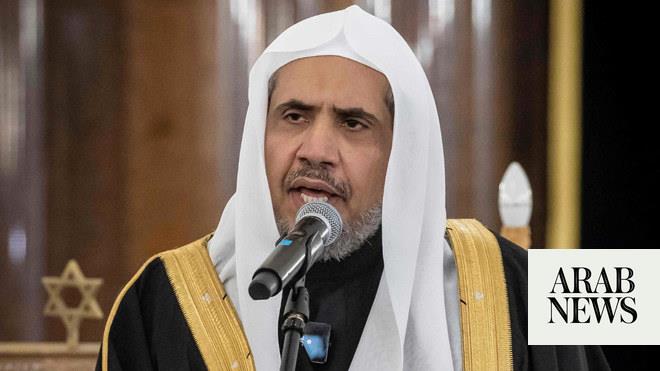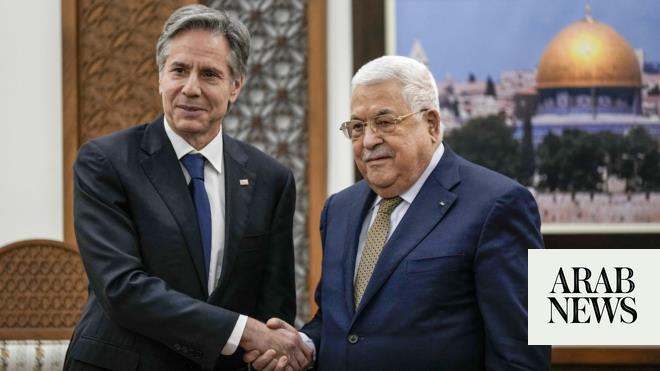
Lebanese President Michel Aoun and Prime Minister-designate Hassan Diab failed on Sunday in achieving a breakthrough in the deadlock in forming a new government, as protests against the ruling elite continued to take on a violent turn with clashes erupting with security forces in central Beirut.
Aoun received Diab for talks to resolve pending disputes over the new government, but the PM-designate left the meeting without making a statement, signaling that the differences remain.
Aoun has been seeking the formation of a cabinet of 20 ministers, while Diab has stuck to his demand for an 18-member government. The president has been calling for a larger government to appease the Druze and Catholic powers and the Marada Movement.
Informed political sources said parliament Speaker Nabih Berri had exhausted his efforts to bridge the divide between Diab and caretaker Foreign Minister Gebran Bassil – Aoun’s son-in-law and head of the Free Patriotic Movement. Berri has been pressing for the formation of a new cabinet as soon as possible, his visitors quoted him as saying.
However, as he kept on encountering new obstacles, he decided to halt his efforts and observe how the developments unravel.
With Berri stepping back, efforts to overcome the hurdles will be left to Hezbollah. The party has been pressuring its allies Aoun and Bassil, rather than Diab, to reach a breakthrough.
Political sources told Asharq Al-Awsat that Bassil remains the main obstacle due to his shifting demands. At times he has called for the formation of a government of experts and at others, he has been nominating names that would grant him veto power in cabinet.
“If the new government will be one-sided in his camp’s favor, then why does he need this blocking power?” wondered the sources.
This insistence has prompted Marada Movement leader MP Suleiman Franjieh to sit out of the government because he opposes Bassil obtaining the veto power, several sources revealed.
Other complications have arisen with the Syrian Social Nationalist Party’s demand for Amal Haddad, who is not a member of the party, to be named a minister. Aoun and Diab have also differed over the economy portfolio. The PM-designate is demanding Petra Khoury be named to the position, while the president has proposed Ayman Haddad.
As politicians continued to bicker, protesters, who have been demanding the formation of a government of technocrats, clashed with security forces in downtown Beirut for a third consecutive day.
The protests say the political elite has ignored their calls for forming an independent government to tackle the deepening crisis.
“We don’t accept the government the way they are forming it. They are using the old method to form the government ... so it’s not acceptable," said protester Jil Samaha, according to The Associated Press. "We want a different way of forming a government.”
Sunday’s confrontation broke out near parliament a day after more than 370 people were wounded, the biggest casualty toll since the protests began in October.
Unrest in the capital this week has deepened the multi-faceted crisis sweeping Lebanon as it grapples with financial strains that have sunk the currency, pushed up prices and driven banks to impose capital controls.
Hundreds of people yelled “revolution” in the commercial district of the capital. Protesters pelted riot police with stones and fireworks.
Human Rights Watch on Saturday called for an end to a “culture of impunity for abuse” by police, which it said fired tear gas canisters at some people’s heads.
Demonstrators have been rallying against those who have held power since the end of the 1975-90 civil war. They blame politicians for widespread corruption and mismanagement in a country that has accumulated one of the largest debt ratios in the world.












